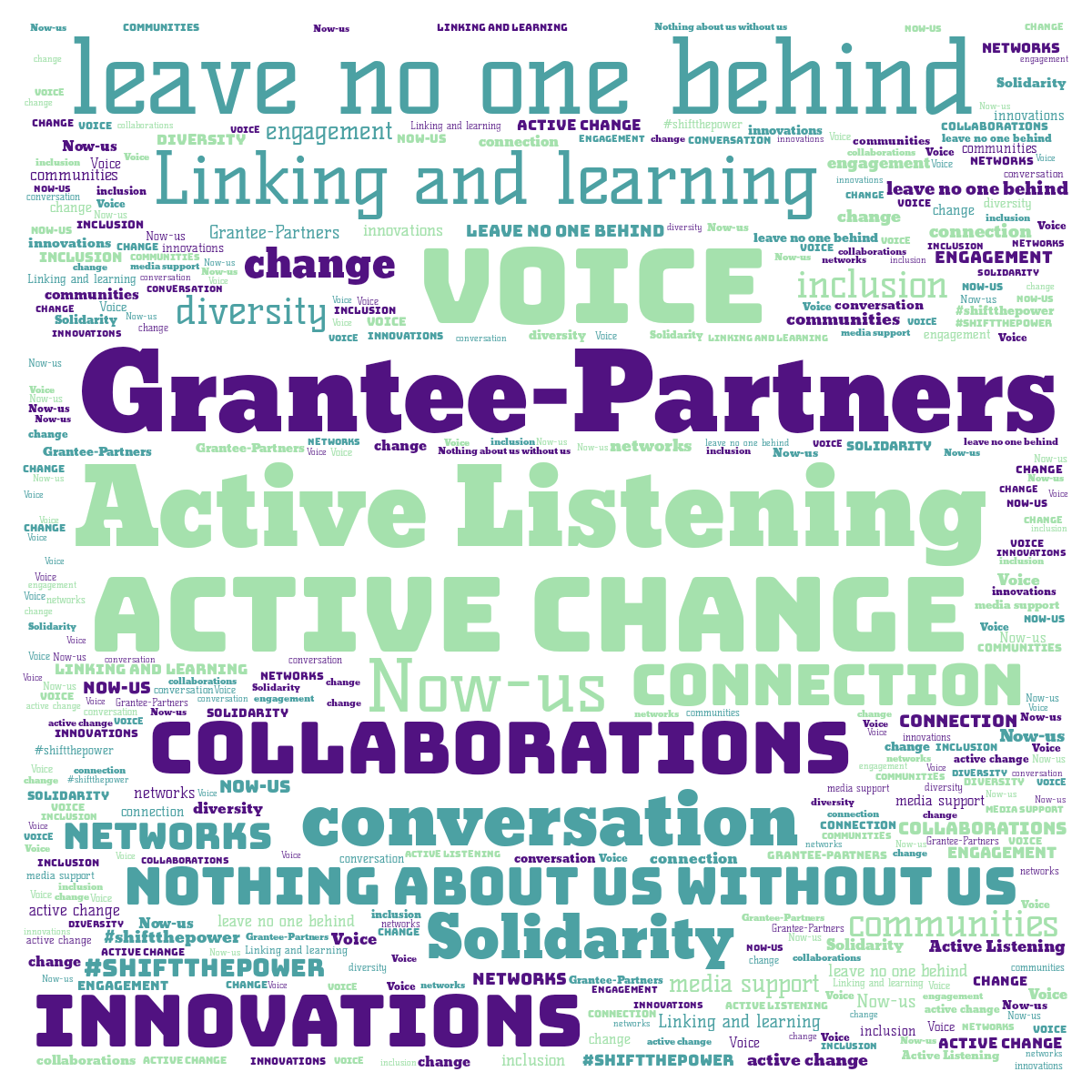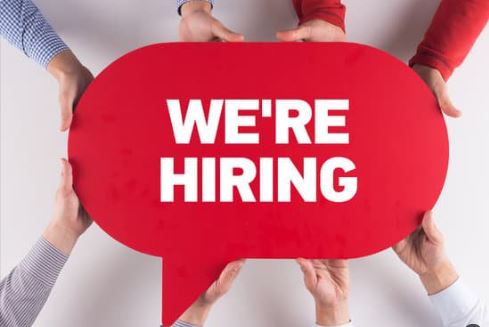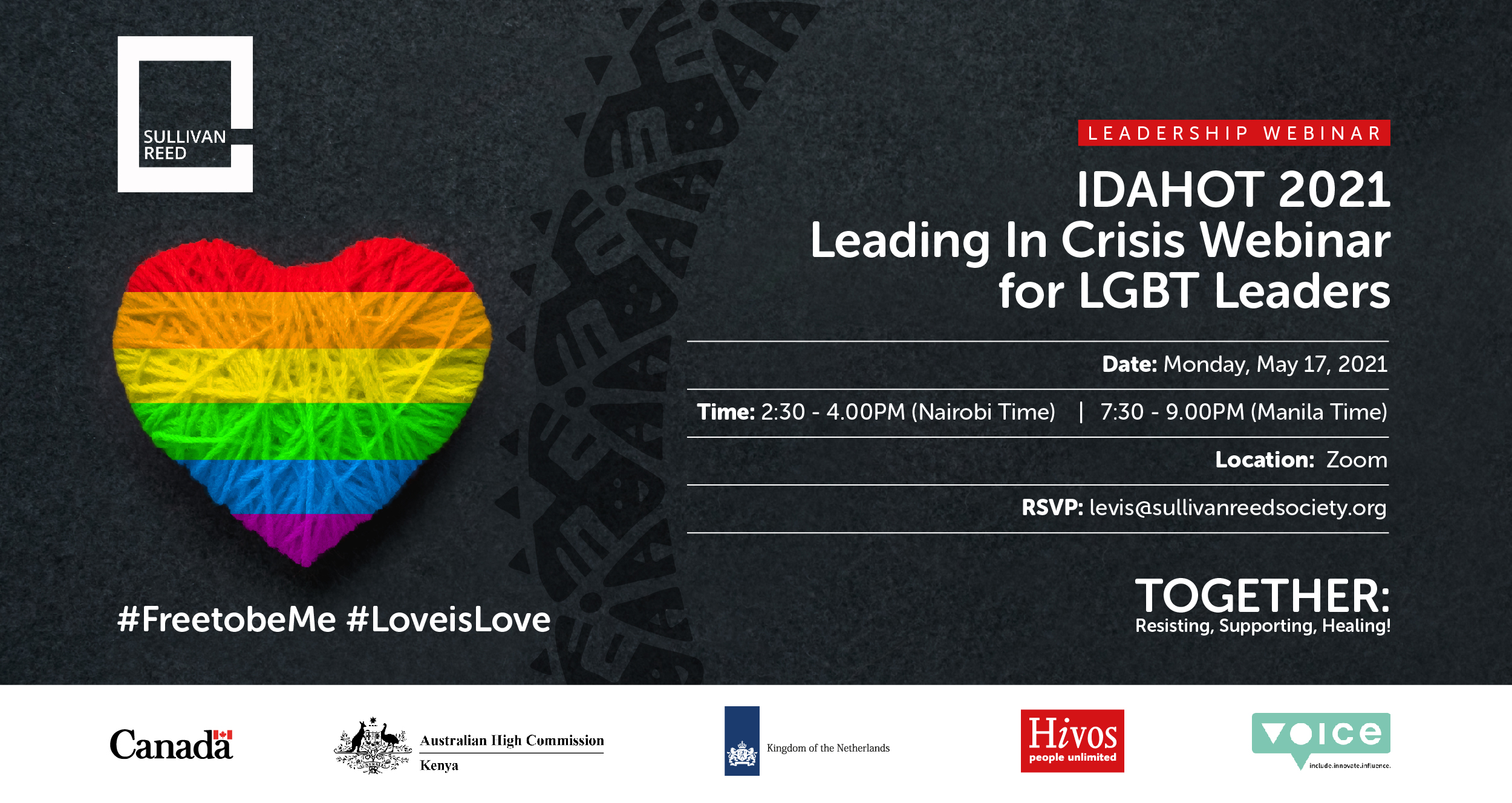Of Voice and voice(s), or what does it take to set up an innovative grant facility?
In this blog Marinke van Riet, the Programme Manager for Voice at a global level, reflects on the first year of Voice including the building blocks required and growing pains encountered.
Building block one: people
A dedicated team of three started in April 2016 to take on the assignment to develop Voice, building on the winning tender Oxfam Novib and Hivos submitted to the Netherlands Ministry of Foreign Affairs. At the start, there was a Programme Manager, Grant Coordinator and Linking and Learning Coordinator who were supported by two kick-starters. Close to a year later Voice has a full Coordination Team of seven in The Hague and small Country Teams in all ten Voice focus countries; all committed to turn Voice into a success. In six countries Voice is coordinated by an Oxfam country office, in the other four it is Hivos and in The Hague it is a combination of both. This enables Voice to tap into the rich expertise and networks of both consortium partners. To top it off we managed to select a great Voice Advisory Board, with representation from some of the target groups Voice has been established for.
Growing pain one: finding the right people
To get to the above result Voice needed to adopt the mantra that patience is a virtue. Working for Voice does not only require the technical competencies of a grant-maker, equally if not more important is the right attitude when working with the most marginalised and discriminated people. This is particularly true due to the fact that Voice will work with the LGBTI community -where possible. In three countries we have had to re-launch a recruitment for a Programme Officer, but the wait has paid off; in early 2017 the tenth and final Programme Officer at country level has embarked on the Voice journey.
Building block two: creativity
Let’s face it: grant-making has a boring reputation. Complicated application forms combined with detailed reporting requirements and ugh, log frames. But when working with representative organisations of the most marginalised and discriminated groups it is creativity that must reign. But what does that mean in practice?
- It means an animation giving an introduction on Voice that is presented in local languages and even sign language.
- It means very basic application forms translated in local languages where relevant.
- It means allowing for applications and reports to be submitted by audio and/or video for the smallest type of our grants (Empowerment grants in among others Laos and Cambodia)
- It means having a fun online eligibility test walking potential grantees through a series of questions to assess eligibility
- It means involving local stakeholders in the grant-making process and assessing applications based on the principle Nothing About Us Without Us.
- It means a flexible Theory of Change that allows for regular adaptations to the local context.
With our pioneering first Global Grantees plus the Country Teams we will continue to push the boundaries of traditional grant-making to make sure the right holders are served.
Growing pain two: creativity cannot trump accessibility
In our quest for creativity Voice has to be careful. We need to consider low connectivity settings and make sure that heavy pictures, maps, infographics and animations don’t unnecessarily block potential grantees from applying. This is an interesting balance to strike as, for example, an animation that walks an applicant through the process could result in a dead end. And rather than a successful application we would face mounting frustration. While we assume that the more established organisations have internet access we have made special provisions for the smallest informal groups to apply: they are allowed to submit a handwritten application directly to a Country Team.
Building block three: business as unusual
Voice was designed by the Netherlands Ministry of Foreign Affairs in response to failed efforts to include the most marginalised and discriminated groups in mainstream development. It means that business as usual cannot apply. Voice doesn’t want to see proposals organising workshop after workshop to build capacity; unless it is tied to an innovative use of (social) media, and/or it incentivises an unusual set of stakeholders to work together and/or it addresses overlapping vulnerabilities or intersectionality. For example, what about a (social) enterprise creating employment for the most marginalised and discriminated groups in a pilot project, reducing stigma along the way and joining forces to influence labour laws? Or someone from the LGBTI community organising weekly storytelling sessions in the local library for empowerment, building self-esteem and overcoming stigma. The possibilities are endless.
For this building block I am sure there will be a lot of growing pains but for a good cause: it will help Voice grow up.
All in all, we certainly hope that you will join us in our aim to Include, Innovate and Influence!







